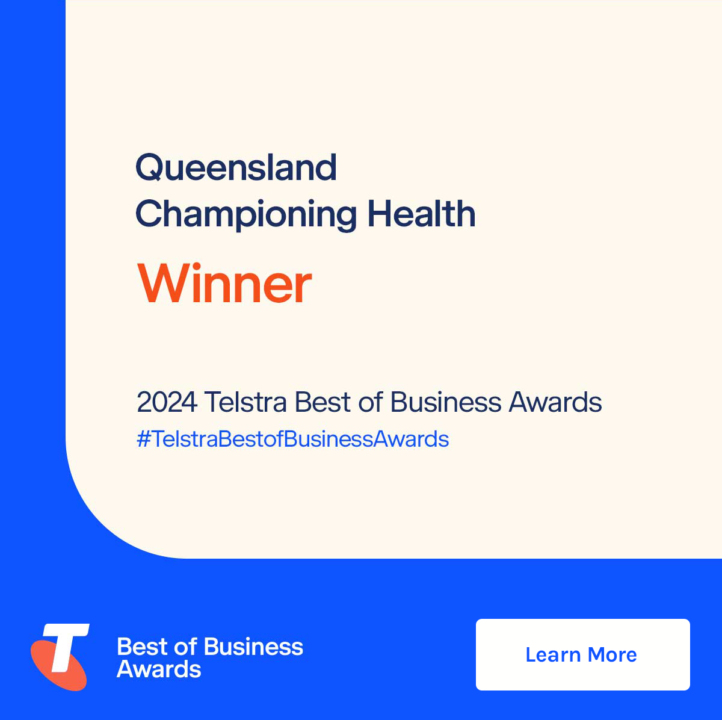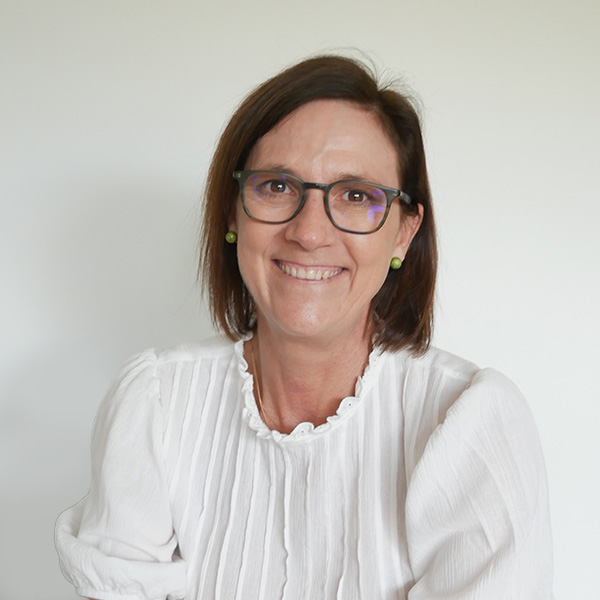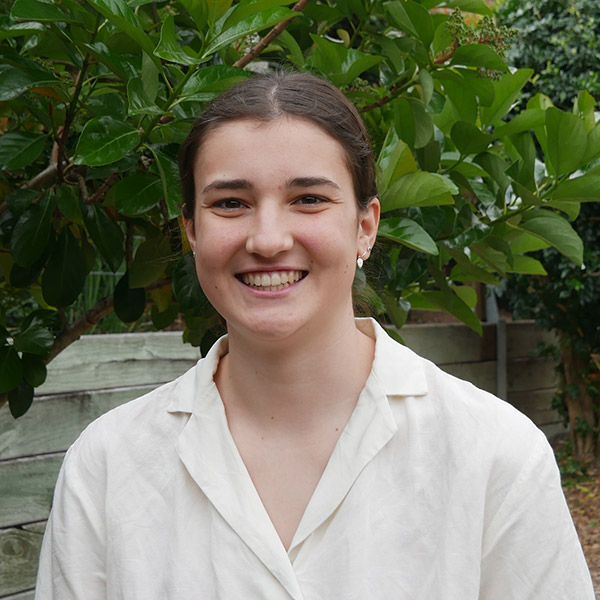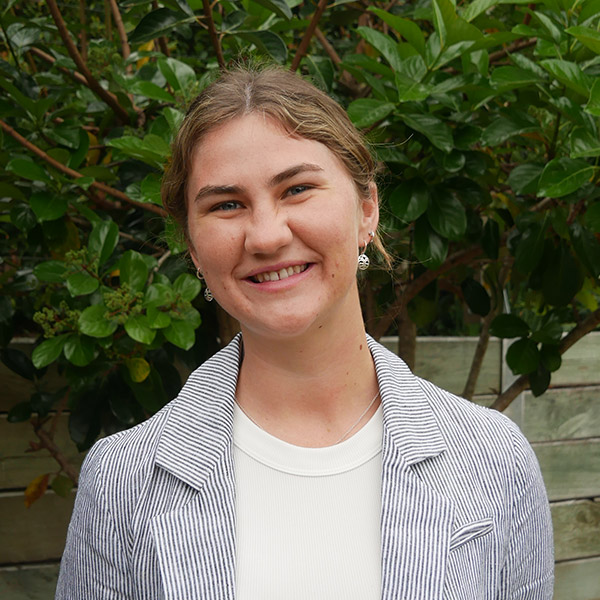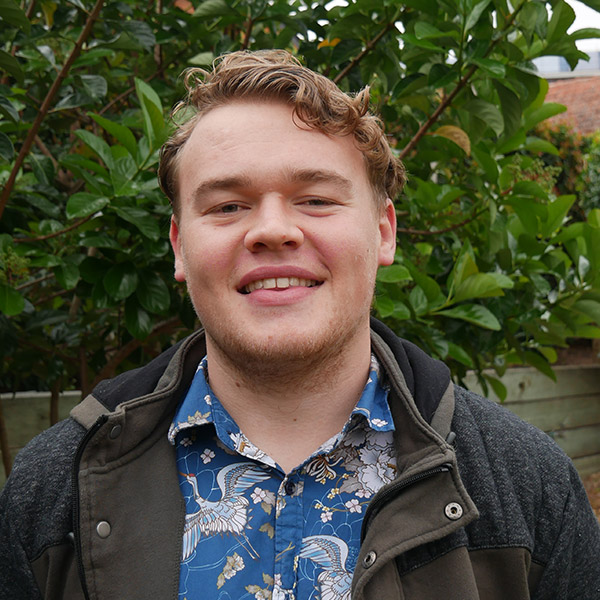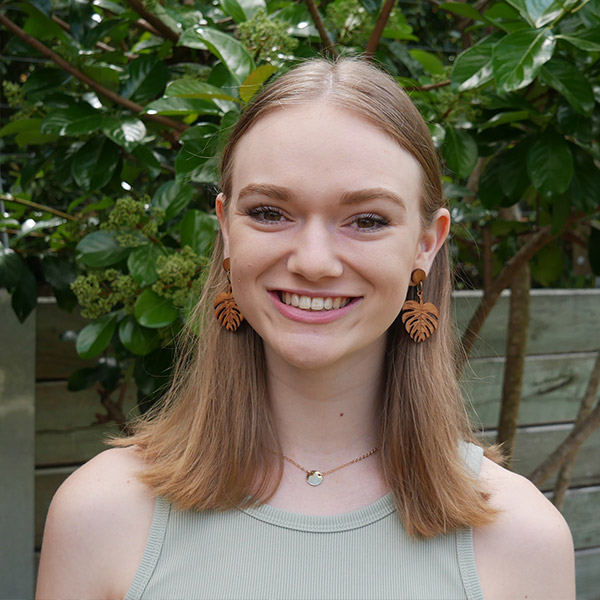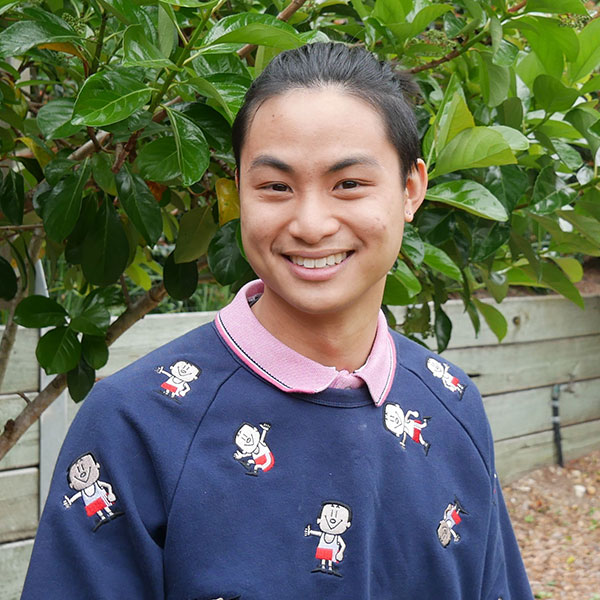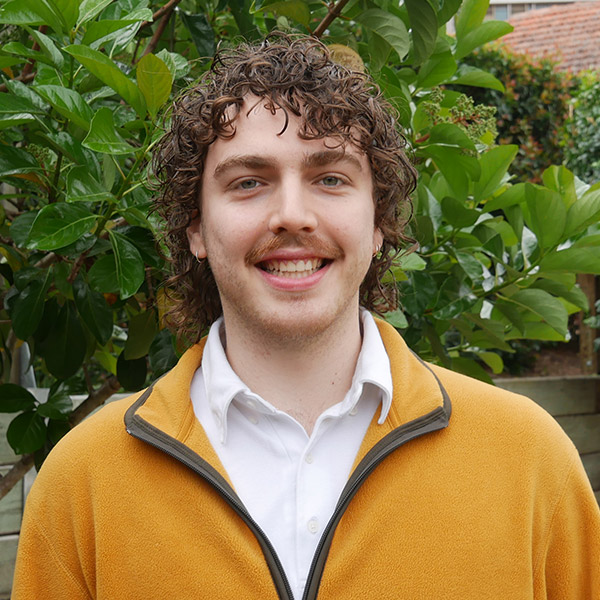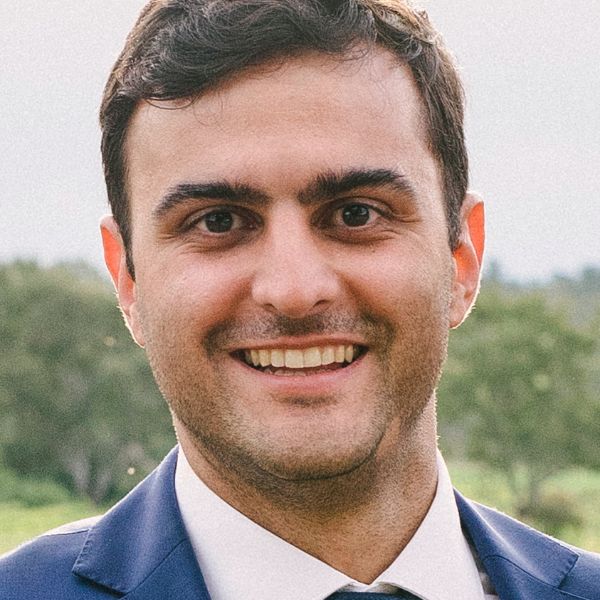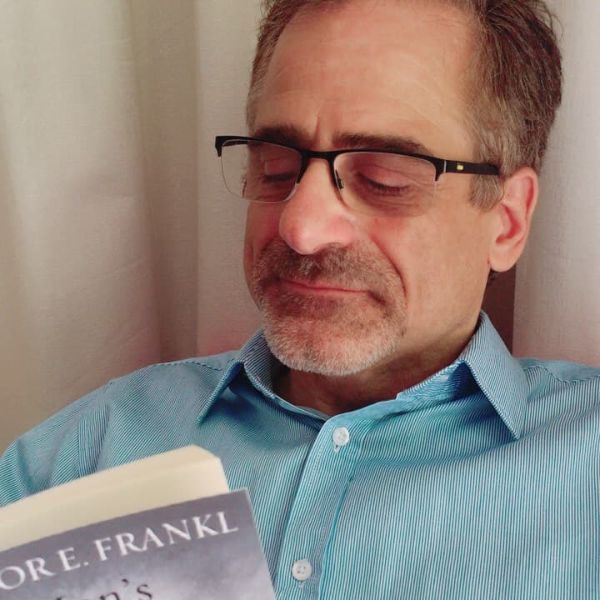National and state consumer, carer and mental health lived experience leadership has grown over the past decade in Australia. The role of lived experience in shaping research and policy agendas has gained traction following the release of the Productivity Commission Inquiry Report into Mental Health[1], the Royal Commission into Victoria’s Mental Health System[2] and Royal Commission into Aged Care Quality and Safety[3]. The value and voice of those with lived experience is now recognised as a central tenant to health reform. People, families and carers with lived experience are uniquely placed to provide insights into systemic issues within the health system, from both a prevention and recovery perspective[4]. The most powerful contributions the various Commissioners heard from were peoples personal experiences of how the system had failed them and sometimes even harmed them.
ConnectedLE acknowledge the trail blazers and organisations like Roses in the Ocean who have worked tirelessly and broken the glass ceiling that now places lived experience front and centre. Current reforms present a new era of hope, with a shared sense of purpose where lived experience is embedded as part of the solution. Understanding how mental health and wellbeing is experienced by different cultures, by marginalised groups and those who may be exposed to social circumstances that increase risk and erode protective factors to fostering positive mental health and wellbeing is essential. Shifting power imbalances where the perspectives and expertise of lived experience is understood and recognised are keys to changing behaviour and attitudes[5]. This includes increasing the role and importance of communities, workplaces and education settings in shaping ways to build strength, resilience, connectedness and identity in promoting positive mental health and wellbeing.
Ultimately, our mental health and wellbeing is shaped by social, environmental, physical, biological and economic environments in which we live, and highlights the responsibility of society to rise to the challenge in re-imagining the mental health and wellbeing system2. Lived experience is about learning how to use experiences in a way that’s useful to other people[6]. It is values based, informed by commitment to social justice[7] and emphasises the role of lived experience as a change agent in challenging dominant views5. Meaningful co-production in research, policy, education and co-design are essential as lived experience provides the bridge between mainstream services and end users of the system6. This in turn brings authentic lived experience perspectives that create the opportunity to empower through universal efforts that encourage engagement in early conceptual design, thus increasing influence and impact. Education delivered through video content that echoes the voice of lived experience is driving a new era in training and ConnectedLE are at the forefront of this transformation.
Dr Kylie Armstrong
Co-Founder ConnectedLE
Adjunct Senior Research Fellow (Academic)
Mater Research Institute | The University of Queensland
Murtupuni Centre for Rural and Remote Health | James Cook University
[1] Productivity Commission (2020) Mental Health Inquiry Report no. 95, Canberra
[2] State of Victoria (2021) Royal Commission into Victoria’s Mental Health System, Final Report, Summary and Recommendations, Parl Paper No. 202, Session 2018–21 (document 1 of 6), Melbourne
[3] Commonwealth of Australia (2021) Royal Commission into Aged Care Quality and Safety Final Report: Care, Dignity and Respect, Vol 1 Summary and Recommendations, Canberra
[4] National Mental Health Consumer and Carer Forum (2021) Consumer and carer lived experience to be centred by new Academy of Lived Experience. Media release 08/03/2021. Available at: http://nmhccf.org.au/publication/consumer-and-carer-lived-experience-be-centred-new-academy-lived-experience Accessed 19/09/2021
[5] Daya, I., Hamilton, B., & Roper, C. (2020). Authentic engagement: A conceptual model for welcoming diverse and challenging consumer and survivor views in mental health research, policy, and practice. International Journal of Mental Health Nursing, 29(2), 299–311. https://doi.org/10.1111/inm.12653
[6] Bryne, L & Wykes (2020) A role for lived experience mental health leadership in the age of Covid-19. Journal of Mental Health, 29 (3), 243-246
[7] Gillard, S., Foster, R., Gibson, S., Goldsmith, L., Marks, J., & White, S. (2017). Describing a principles-based approach to developing and evaluating peer worker roles as peer support moves into mainstream mental health services. Mental Health and Social Inclusion, 21(3), 133–143. https://doi.org/10.1108/MHSI-03-2017-0016


